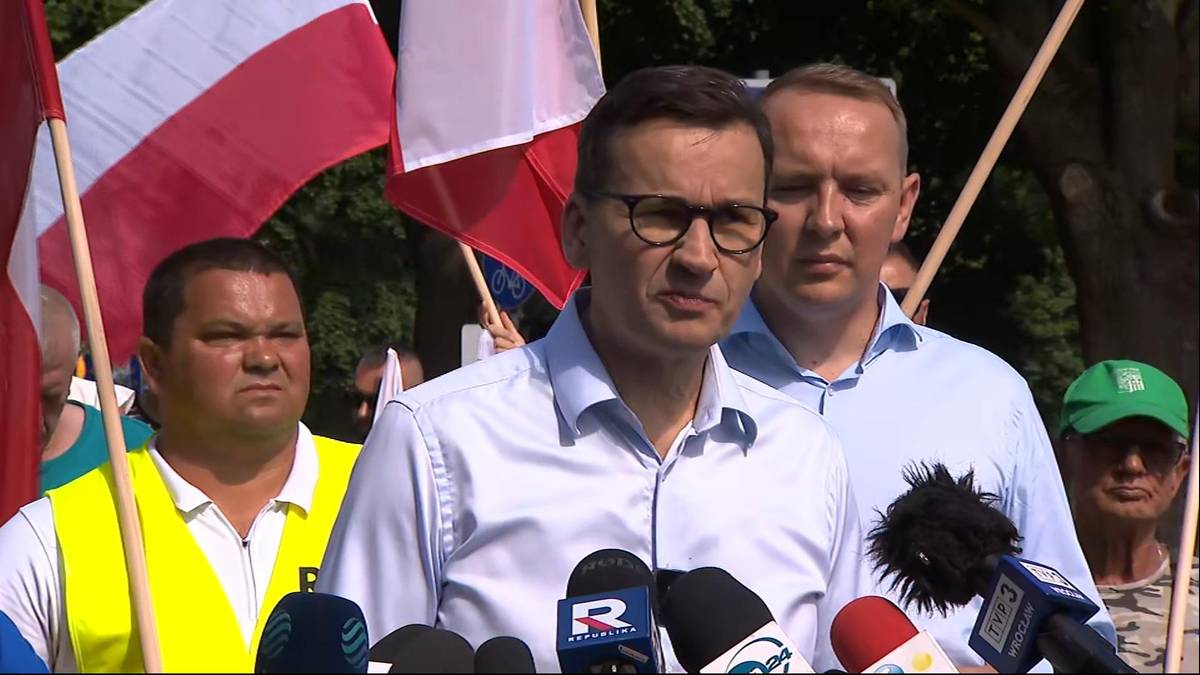150 citizens of the European Union accidentally spoke in Brussels in 24 languages about the EU budget. #EUHaveYourSay #EUbudget
In civilian talks organised by the European Commission, randomly elected participants from all 27 associate States meet to discuss key initiatives at European level. At the gathering in Brussels on 28-30 March 2025, they focused on the fresh EU budget, which will apply from 2028. On the basis of the discussions, recommendations will be drawn up which the European Commission will take into account erstwhile working on this budget.
The participants in the discussions were chosen accidentally and reflect Europe's diversity in terms of geography, age and gender. Most participants of the gathering first came to Brussels for the first time in their life, and the invitation to participate in this discussion initially treated as a gag or spam. Those participating in the panel are not experts in European or socio-political matters. specified an agreement is intended to guarantee a better knowing by the European Commission of the views and real needs of citizens of the Union.
Almost all working groups had the subject of strengthening European safety and expanding defence spending. During the full panel, this was an crucial part of the discussion. It has been stressed that cooperation in the field of defence may affect various types of investment, not only in the arms themselves, but besides in infrastructure that enables efficient transport of supplies or opposition to digital attacks. any citizens were doubtful that over-arming would not lead to increased tension in Europe. However, these votes were minority.
Other emerging topics that the panel participants believe should be included in the next European budget are wellness protection (common to many countries), environmental quality, non-burdening the debt of subsequent generations, support for innovation and improvement of infrastructure (especially in South European countries). Challenges with access to housing, especially for younger generations, were besides mentioned. Synergy between different areas was indicated. e.g. investments in the field of digitalisation can contribute to strengthening defence capacity, and a friendly environment is simply a lower burden for wellness services. any have besides noted that it is crucial to guarantee coherence between different regions so that doctors educated in 1 of the countries do not go to work where they have much better conditions. In summary, the gathering expression showed everyone that prospects and needs in different countries may sometimes be somewhat different, but many challenges are common to all Europeans and Europeans. Therefore, common solutions must be sought at European level. More information on the panel https://citizens.ec.europa.eu/new-european-budget_en
An open consultation on the next European budget is presently underway. https://commission.europa.eu/news/you-can-now-take-part-shaping-next-eu-long-term-budget-2025-02-12_en
Where did the CITIZEN PANELs come from? These were initiated after the conference on the future of Europe held between 2021 and 2022. 800 randomly elected citizens participating in this conference called for similar, more frequent opportunities for citizens to participate in future European policy-making. In response, European Commission president Ursula von der Leyen decided that European Citizens' Panels would become a permanent part of European democratic life, involving citizens in policy-making. The another panels afraid circumstantial problems: what to do about food waste, how to support education, how to form energy policy or how to deal with hatred in society?
WHAT IS THE EU BUDGET? erstwhile people talk about the EU budget, they frequently mention to a long-term plan called the Multiannual Financial Framework (MFF). This plan sets out the full amount of resources available and determines how they will be spent within a fewer years. It besides sets spending limits for each main area, specified as safety and defence, support for poorer regions or agriculture or the environment. specified multiannual planning began in the 1980s in order to avoid yearly long-term negotiations blocking each time the start of Union action at the beginning of the year.
WHY DO WE request THE EU BUDGET? As is commonly known, the budget is simply a plan showing how much money a individual or organization will gain and how much they will request or spend. Each country in the planet has a budget that is simply a calculation of its possible income (how much money it earns) and expenditure (how much money it spends).
These are any of the areas where the EU budget complements national budgets: Firstly, it supports actions in which the EU plays a crucial role, in accordance with the Treaties of the European Union. These policies cover areas specified as agriculture and support for poorer regions (the alleged cohesion policy). In the agricultural sector, emphasis is placed on ensuring food security, supporting farmers' livelihoods and promoting friendly agriculture across the EU. On the another hand, cohesion policy aims to advance quality of life in all regions of the EU by supporting economic, social and territorial improvement based on the rule of solidarity. Secondly, the EU budget supports projects with a truly European dimension, specified as cross-border infrastructure (e.g. Rail Baltica rail network linking Estonia, Latvia and Lithuania with Poland and the remainder of Europe) or projects involving many countries (e.g. judicial cooperation between respective associate States). Thirdly, it allows us to face up to the European challenges that are common to all associate States, specified as the request to strengthen the competitiveness of our economy, warrant our security, and accelerate the digital transformation of administration, so that it is more efficient and more accessible to citizens. Fourthly, the EU budget besides helps to deal with common crises specified as the COVID-19 pandemic and the effects of Russian aggression on Ukraine.
IS THE BUDGET OF THE UNION BIG? The EU budget is expenditure and gross for a given year, while respecting the full amounts agreed under the long-term EU budget. The current long-term EU budget covers the years 2021-2027. It amounts to EUR 1.2 trillion, representing around 1% of EU GDP (gross home product = value of goods and services produced in the area at a given time). The Union forms 27 associate States with a full population of around 450 million. Given these figures, the EU's yearly budget is in fact rather tiny – around EUR 160-180 billion per year from 2021 to 27. This is comparable to Denmark's national budget, which affects 5.6 million people and is about 30% smaller than Poland's budget, which has about 38 million citizens. The current Union budget is exceptionally complemented by around EUR 800 billion from the NextGenerationEU Fund, a temporary fund to support reconstruction after the COVID-19 pandemic. The long-term EU budget for the period 2021-2027, together with NextGenerationEU, so amounts to around EUR 2 trillion.













